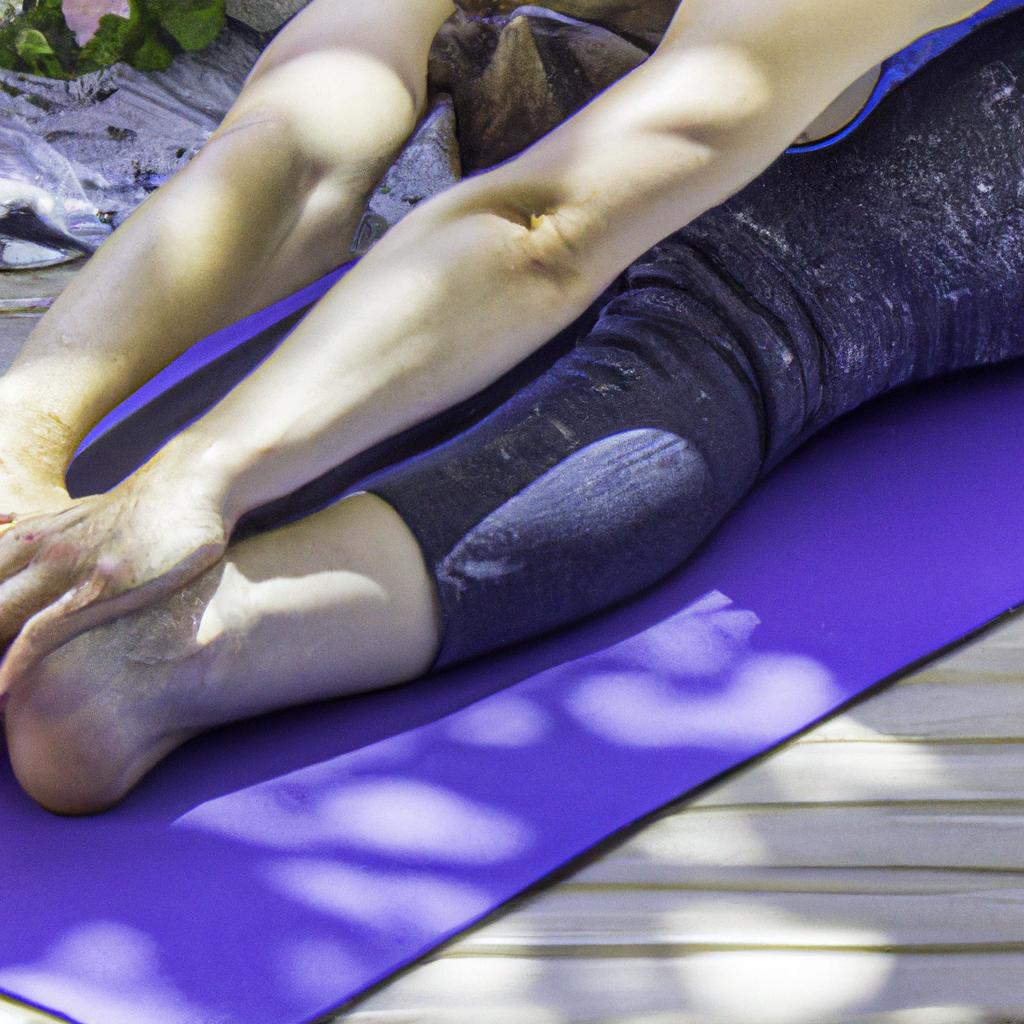**”The Role of Yoga in Enhancing Mental Resilience for Competitive Athletes: Techniques to Cultivate Focus and Stress Management”**
# The Role of Yoga in Enhancing Mental Resilience for Competitive Athletes: Techniques to Cultivate Focus and Stress Management
In the high-stakes world of competitive sports, physical prowess is essential, but mental resilience can make the difference between victory and defeat. As athletes strive to push their limits, the pressures they face can lead to stress, anxiety, and mental fatigue. Yoga, an ancient practice that combines physical postures, breath control, and meditation, has emerged as a powerful tool to enhance mental resilience. This blog explores how yoga can help athletes cultivate focus and manage stress, along with practical tips on nutrition, exercise, and the health benefits of this holistic approach.
## Understanding Mental Resilience in Sports
### What is Mental Resilience?
Mental resilience refers to an athlete’s ability to cope with challenges, bounce back from setbacks, and maintain focus under pressure. It involves emotional regulation, positive thinking, and a strong sense of self-belief. For competitive athletes, developing mental resilience is crucial for optimal performance, especially during high-pressure situations such as competitions and playoffs.
### The Role of Yoga in Building Resilience
Yoga encourages a mind-body connection that can help athletes cultivate mental resilience. Through mindful movement and breath awareness, athletes learn to focus their thoughts, reduce anxiety, and enhance their overall mental clarity. The practice of yoga fosters a state of mindfulness, allowing athletes to remain present and engaged, which is vital for peak performance.
## Techniques to Cultivate Focus and Stress Management
### Breath Control Techniques
One of the core elements of yoga is breath control, or pranayama. Techniques such as diaphragmatic breathing and alternate nostril breathing can help athletes manage stress and increase concentration. By focusing on their breath, athletes can shift their attention away from distractions and ground themselves in the moment.
### Mindfulness Meditation
Incorporating mindfulness meditation into a daily routine can significantly enhance an athlete’s mental resilience. This practice involves sitting quietly and focusing on thoughts and sensations without judgment. Regular meditation can help athletes develop greater awareness of their emotions, allowing them to respond more effectively to stressors during competitions.
### Visualization Practices
Visualization is another powerful technique that athletes can integrate into their yoga practice. By mentally rehearsing their performance and visualizing success, athletes can build confidence and reduce anxiety. This technique can be complemented with yoga poses that enhance concentration, such as Tree Pose or Eagle Pose, which require balance and focus.
## Nutrition Tips for Mental Resilience
Athletes often focus on physical training, but nutrition plays a critical role in mental performance as well. Here are some nutritional tips to enhance mental resilience:
1. **Hydration**: Staying hydrated is essential for optimal brain function. Dehydration can lead to fatigue and decreased concentration. Athletes should aim to drink plenty of water throughout the day and consider electrolyte-rich beverages during intense training sessions.
2. **Omega-3 Fatty Acids**: Foods rich in omega-3s, such as fatty fish, walnuts, and flaxseeds, support brain health and can improve cognitive function. Including these foods in meals can enhance mental clarity and focus.
3. **Complex Carbohydrates**: Whole grains, fruits, and vegetables provide sustained energy and stabilize blood sugar levels. This steadiness can help athletes maintain focus throughout their training and competitions.
4. **Antioxidant-Rich Foods**: Berries, dark chocolate, and leafy greens are rich in antioxidants, which can combat oxidative stress and reduce inflammation, supporting overall mental health.
## Exercise Advice for Athletes
While yoga is a powerful practice, it should be complemented with other forms of exercise. Here are some recommendations:
1. **Incorporate Strength Training**: A balanced exercise regimen that includes strength training can enhance physical resilience, providing a solid foundation for yoga practice.
2. **Cross-Training**: Engaging in different forms of exercise, such as swimming or cycling, can prevent burnout and keep mental engagement high. This variety can also provide a break from the demands of competitive training.
3. **Regular Yoga Sessions**: Aim for at least two to three yoga sessions per week to reap the full benefits of the practice. Focus on styles that emphasize flexibility and mindfulness, such as Hatha or Yin yoga.
## Health Benefits of Yoga for Athletes
The integration of yoga into an athlete’s training routine offers numerous health benefits, including:
– **Reduced Stress and Anxiety**: Regular practice can lower cortisol levels, helping athletes manage stress more effectively.
– **Improved Focus and Concentration**: Yoga enhances mental clarity and concentration, which is crucial for athletic performance.
– **Enhanced Recovery**: Yoga promotes relaxation and recovery, allowing athletes to bounce back more quickly from intense training sessions.
– **Increased Flexibility and Balance**: The physical postures of yoga improve flexibility and balance, reducing the risk of injury.
## Conclusion
Incorporating yoga into a competitive athlete’s training regimen not only enhances physical capabilities but also plays a crucial role in developing mental resilience. Through techniques such as breath control, mindfulness meditation, and visualization, athletes can cultivate focus and effectively manage stress. Coupled with proper nutrition and a well-rounded exercise routine, yoga emerges as a powerful ally in the journey towards peak athletic performance. By embracing the holistic benefits of yoga, athletes can achieve their goals both on and off the field.















Post Comment